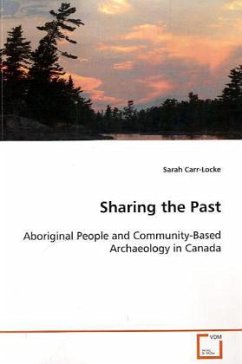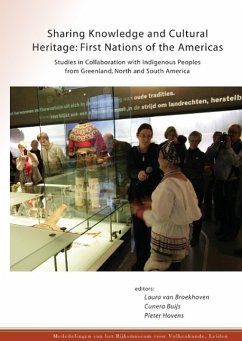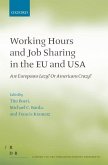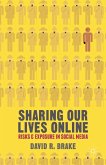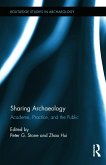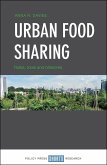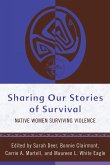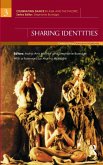This book is about the relationship between Aboriginal People and archaeology in Canada. Aboriginal involvement in Canadian archaeology has been limited by the failure of archaeology to include Aboriginal interests within its research agenda. This failure has been due in part to a colonial bias embedded in the discipline. Many academic disciplines have begun to assess the value of research done "on" Indigenous communities and have suggested ways that research can be done "by" and "for" these communities with benefits to both the academic and social causes. Community-based methods have been and are being used in Canada, yet without much formal discussion or sense of shared goals. This thesis suggests that the problem of limited Aboriginal involvement in archaeological undertakings can be addressed by applying community- based methods to archaeology. These types of projects also bring many added benefits to both archaeology and Aboriginal communities as a whole. The examination of community-based archaeology in Canada in this thesis is done through theorizing, examining practical examples and presenting common themes.

